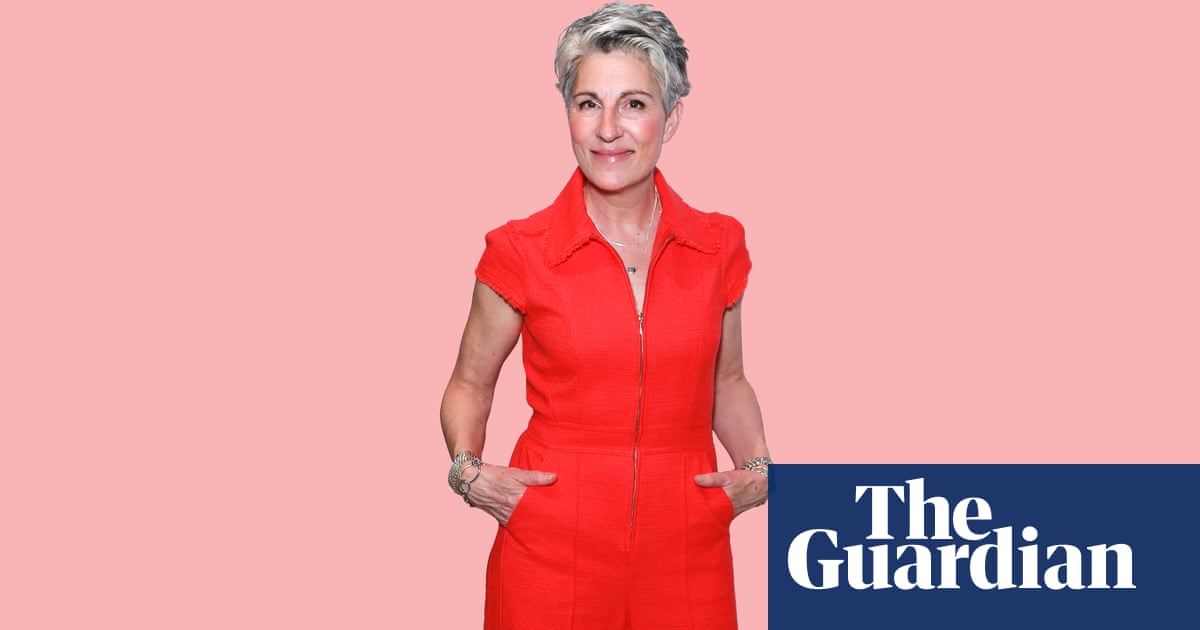Some Virgin Money customers are crying “foul” over the fact that Nationwide borrowers are being offered better-value mortgage deals, even though they are now part of the same group.
Nationwide bought Virgin Money last autumn, but the brands remain separate and some Virgin mortgage-holders claim that when it comes to moving on to a new deal, they are being treated as second-class citizens.
This week, a Virgin customer aiming to get a new mortgage deal from the lender would in some cases have to pay almost £1,000 more than an equivalent Nationwide customer to get the same interest rate, even though they are both part of the same financial “family”.
However, according to one mortgage broker, it is standard practice that a borrower is not able to hop from one brand to another where both are part of the same group.
For the UK as a whole and across all lenders, about 1.6m fixed-rate mortgage deals are due to expire in 2025. Many of these people are worried about a big jump in payments when they switch to a new product.
When someone’s existing mortgage deal is reaching its expiry date, their lender will usually be in touch offering a selection of rates.
Nationwide completed its takeover of Virgin Money last October, and later revealed it had bagged a £2.3bn gain from the deal as it had effectively bought the brand at a chunky discount.
That in turn led to Nationwide dishing out £50 mini-windfalls to more than 12 million of its members last month – more than £600m in total.
However the two brands continue to operate as separate lenders and offer differently priced mortgage deals to their respective customer bases.
Borrowers who have reached the end of their deal with one cannot simply switch to the other – they would have to go through the process of remortgaging and pay any legal and valuation costs involved.
The Guardian was contacted this week by a Virgin Money customer on a two-year fix with a rate of 4.54%, which ends on 31 July. The lowest product transfer rate being offered to her was another two-year fix priced at 3.84%, which is a competitive rate (her loan-to-value ratio is less than 60%).

But this deal came with a big product fee: £1,995.
Now she is a Nationwide group customer, she hoped to see what product transfer rates were being offered to Nationwide customers with the same amount of equity. Nationwide was also offering a 3.84% two-year fix to its existing borrowers – but at £999, the product fee was almost £1,000 lower.
Virgin also offered a choice of base-rate tracker deals, including a two-year one at 4.48% (the bank base rate plus 0.23%) and a £995 fee.
But an Nationwide borrower could benefit from a slightly cheaper deal: a two-year tracker at 4.39% (the base rate plus 0.14%) and a £999 fee.
Another advantage of the Nationwide tracker is that it has no early repayment charges, whereas the Virgin one does during the two years. However, Virgin will let customers switch from this deal on to one of its fixed rates without having to pay a penalty.
A Nationwide spokesperson says: “Nationwide building society and Virgin Money continue to operate as separate lenders following the acquisition and are being integrated over time.”
They add: “Customers currently wishing to move provider must therefore do so as a remortgage.”
David Hollingworth at the broker firm L&C Mortgages says it is “pretty typical that you wouldn’t be able to switch between one brand and another”.
For example, Lloyds and Halifax are both part of Lloyds Banking Group but will price differently, he says. Meanwhile, The Co-operative Bank was recently taken over by Coventry building society, but still operates as separate lending brand.
On whether Nationwide typically offered better deals than Virgin, or vice versa, Hollingworth says that “it moves around” and that they are both generally pretty competitive. “Virgin is just as likely to be right up there as Nationwide can be,” he says.

.png) 5 hours ago
4
5 hours ago
4

















































